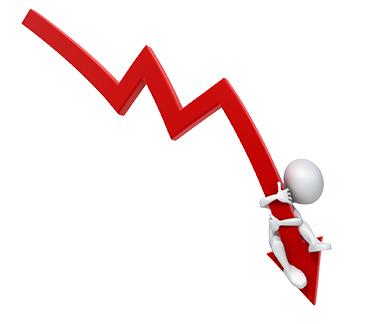1 What is success?
As a small business owner, you start your business for it to be successful, but what do we mean by ‘successful’? In this activity we will explore definitions of ‘success’.
According to Oxford Dictionaries [Tip: hold Ctrl and click a link to open it in a new tab. (Hide tip)] , ‘success’ is:
- the accomplishment of an aim or purpose
- the attainment of fame, wealth or social status.
Activity 1
Write down as many outcomes as possible that could be classed as successful outcomes for a business. For each outcome give an example of a business that you feel would class that outcome as a success.
Aim for at least five outcomes and then click ‘save and reveal comment’to see our suggestions.
Comment
Here are some overarching ideas we thought of:
- making a net profit – a window cleaning business
- providing goods at a low price to families – a local food bank
- generating money to be used for charitable purposes – an Oxfam shop
- employing a workforce – a resettlement service
- a high turnover of staff – a business training and developing entrepreneurs
- paying a higher price for raw materials – CafeDirect, a fair trade business
- growing capital assets – a property business to be used for retirement
- bring in enough money to operate whilst paying most staff nothing – a dogs home run with volunteers
- working two days a week and bringing in enough money – someone wanting a better work life balance.
So are we saying that you should not focus on profit? Not at all, for most businesses there will be a need to generate a certain level of income, but the success or the feeling of success may not be entirely focused on that.
Success could be defined as ‘meeting the objectives of the business’, these could be financial, ethical, lifestyle or philanthropic.
Activity 2
Consider the five case studies and use the table below to suggest what each of the owner’s might consider success to be. (To open the case study in a new tab on a PC, hold down the Ctrl key when clicking.)
| Business | Examples of success for each business |
| Bike-a-lot | |
| Mucky Pets | |
| JJ Components | |
| Red Bush Brewery | |
| Turn-it-round |
Comment
If we take ‘generation of income’ as a standard across the five, then the sorts of things that could be classed as success are:
| Business | Examples of success for each business |
| Bike-a-lot | Spending the working day based on a hobby. |
| Mucky Pets | Move from minimum wage job into something more financially rewarding. |
| JJ Components | Getting the full reward for innovation and being able to solve problems. |
| Red Bush | Provide an alternative income for the farm at a time of uncertainty in the farming industry. |
| Turn-it-round | Giving ex-prisoners a better chance at meaningful employment. |
We do not expect your answers to match exactly, but there should be some similarities between these answers and yours.
Learning outcomes


